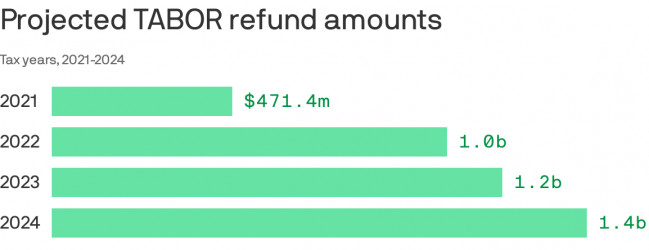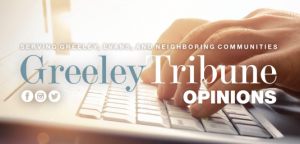God saw fit to stop at 10 commandments, but politicians can’t leave well enough alone, so a series of “Eleventh Commandments” apply to them. One of those admonishes: Thou shall not make the voters more cynical.
This year, Democrats at our State Capitol are breaking that commandment, too.
So, let’s take a little walk down memory lane and remember this journey through Election Day.
Last week, Gov. Jared Polis and legislative Democrats tossed aside 30 years of fierce opposition to Colorado’s Taxpayer Bill of Rights (TABOR) which they’ve blamed for everything from crumbling roads to failing schools. Instead, they held a press conference to tout “their” plan to send every taxpayer a $400 check barely one month before voters receive their general election ballots.
There’s just one problem: that money already belongs to taxpayers.





